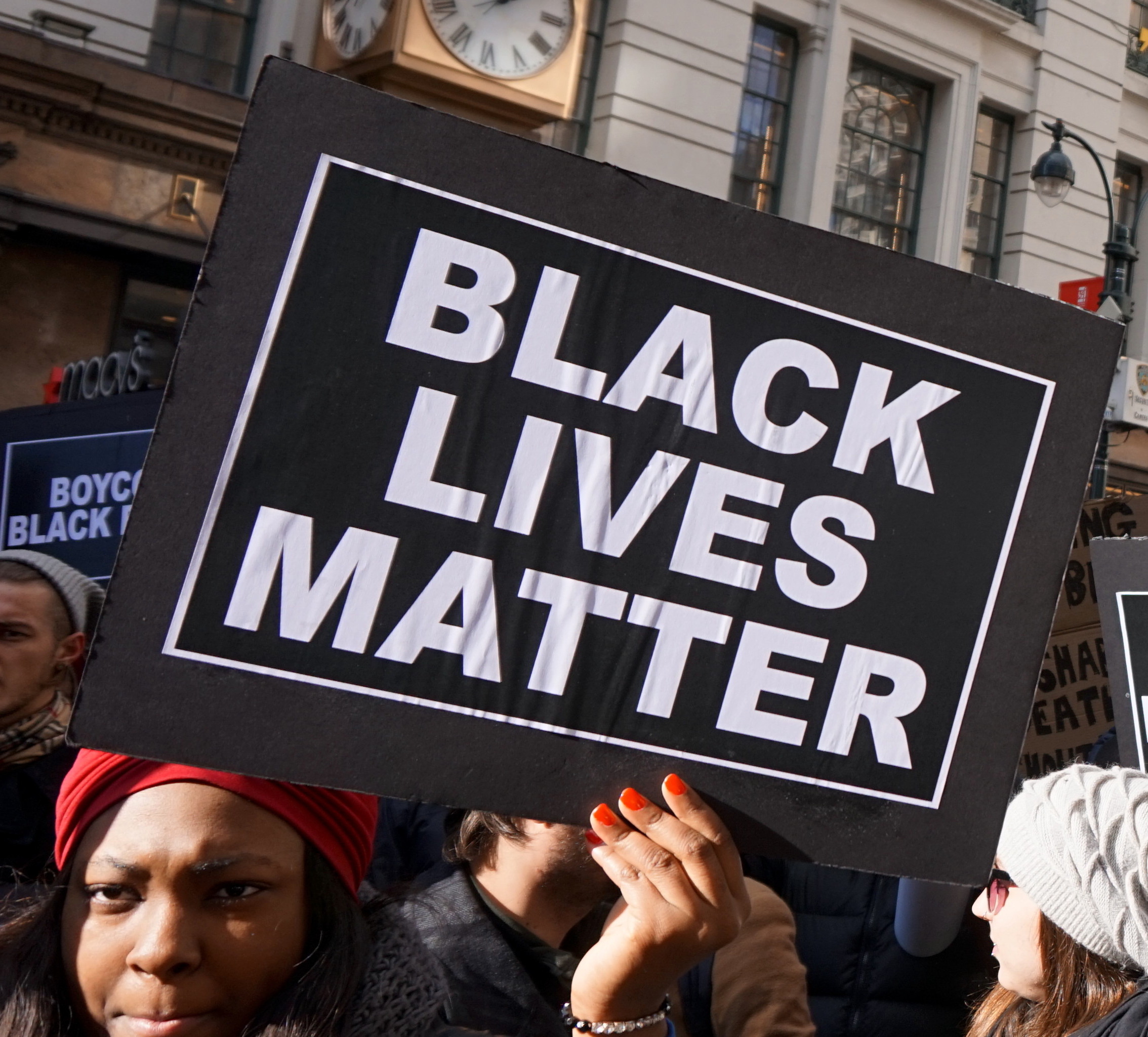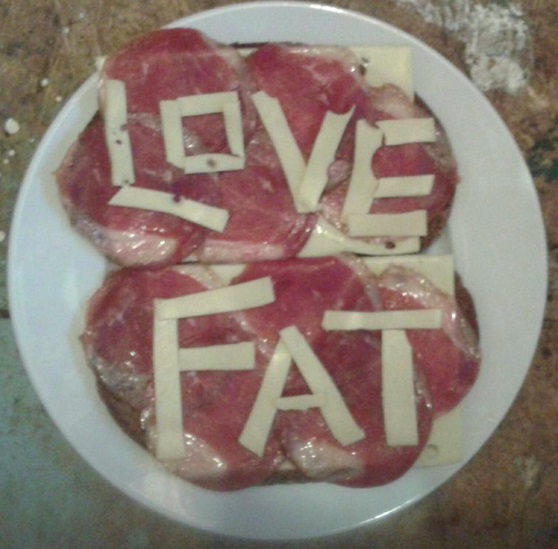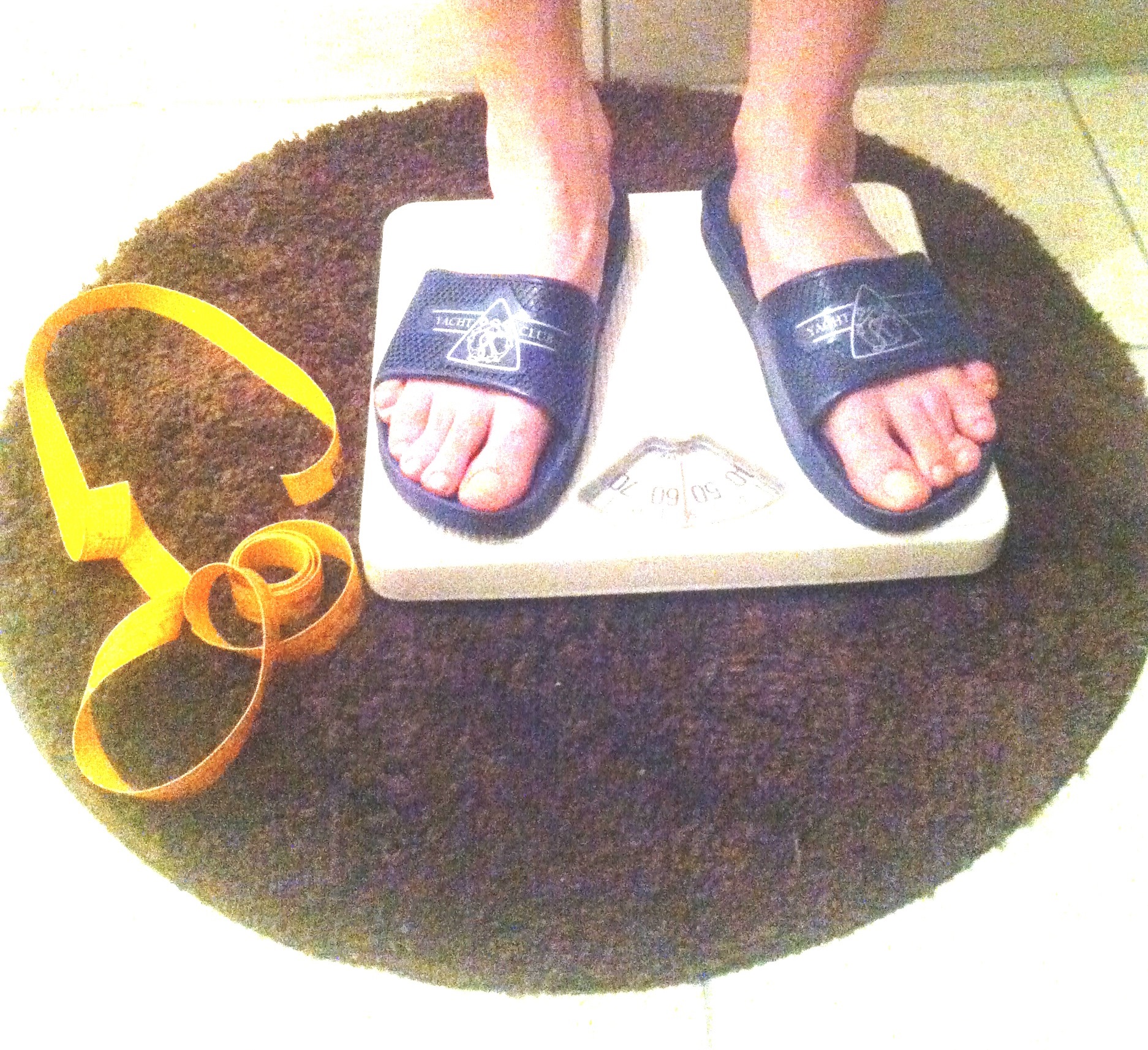Black Lives Matter, even in Food Justice

The United States is in the midst of a contemporary civil rights movement that heightens the cry for understanding “Black Lives Matter.” Daily, debates surge around whose lives matter most, all the while missing the point that black lives, lifeways, and existences are important enough to be labeled Black. Black Lives Matter is a phrase that emerged in the aftermath of the recent series of racial unrests occurring in the United States. Specifically, the slogan of #BlackLivesMatter came to define the incidents in Orlando, Florida and Ferguson, Missouri where unarmed African American teenagers, Trayvon Martin and Michael Brown, respectively, were shot and killed by white representatives of law enforcement. This movement is dedicated to exposing the myriad African American—men, women,…



